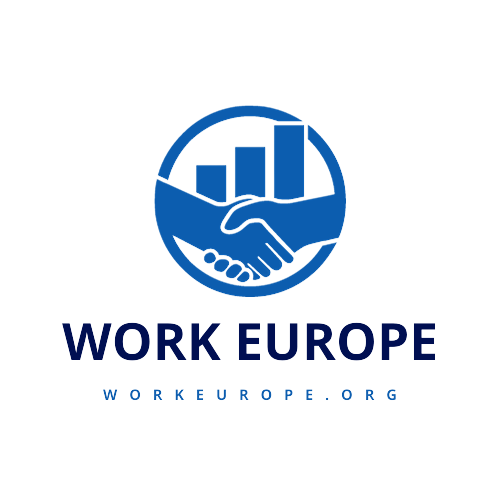
Unions are relatively common in many European countries, and their presence can significantly affect employment conditions and labor rights. Here’s how unions are typically structured and the impact they have on employment:
Union Structure:
- Unions in Europe are often organized at both the national and sectoral levels. National-level unions represent workers across various industries and professions, while sectoral unions focus on specific industries or job sectors.
- Unions are made up of members who pay dues to support the union’s activities, including collective bargaining, advocacy for workers’ rights, and addressing workplace issues.

Impact on Employment Conditions:
- Collective Bargaining: Unions play a pivotal role in collective bargaining negotiations with employers. They negotiate employment contracts, including wages, working hours, benefits, and workplace conditions, on behalf of their members. As a result, unionized workers often have more favorable terms in their employment contracts.
- Wage Increases: Unionized workers often receive higher wages and better benefits compared to non-unionized workers in similar roles. Union-negotiated contracts can include regular wage increases and performance-related bonuses.
- Job Security: Unions can help protect job security by advocating for fair dismissal procedures and providing legal support to members facing job loss. They may negotiate collective agreements that make it more challenging for employers to lay off workers.
- Healthcare and Benefits: Unionized workers may have access to better healthcare coverage, retirement plans, and other benefits. These benefits are typically negotiated during collective bargaining.
- Working Conditions: Unions advocate for improved working conditions, including workplace safety measures, reasonable working hours, and accommodations for workers with disabilities.
- Paid Leave: Union-negotiated agreements often result in more generous paid leave policies, including vacation, sick leave, and parental leave.
- Worker Representation: Unions provide workers with a voice in the workplace. They can represent employees in disputes with employers, ensuring that grievances are addressed fairly.
- Training and Skill Development: Unions may facilitate training and skill development opportunities for their members to enhance their career prospects.

It’s important to note that the impact of unions on employment conditions can vary by country, industry, and the strength of the union. While unions generally seek to improve workers’ rights and conditions, their influence may differ significantly from one region or sector to another.
As an employee in Europe, whether or not you are part of a union can have a substantial effect on your employment conditions. Unionized workers often enjoy more robust labor protections and benefits, while non-unionized workers may rely on national labor laws for similar protections.

